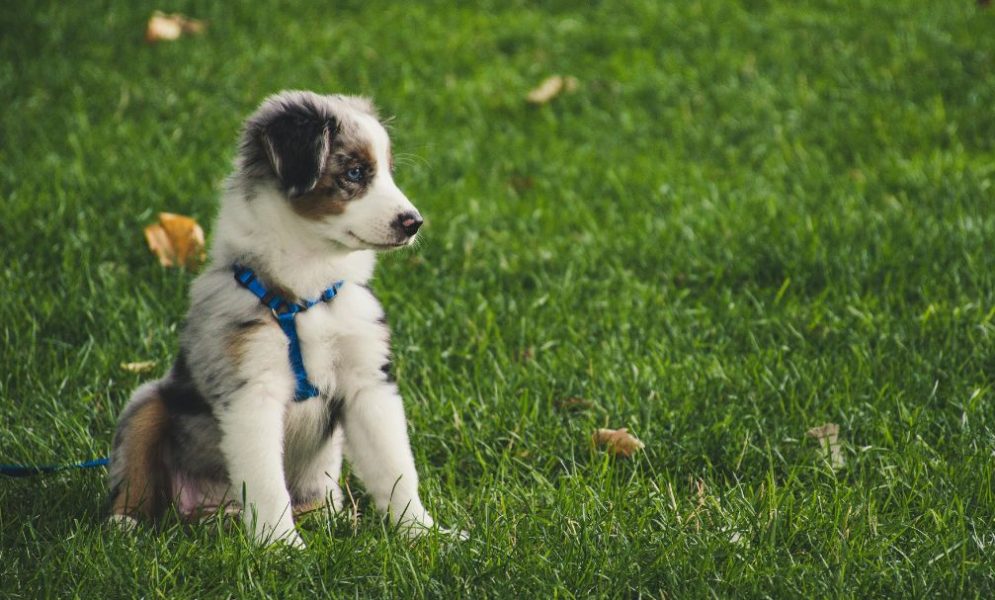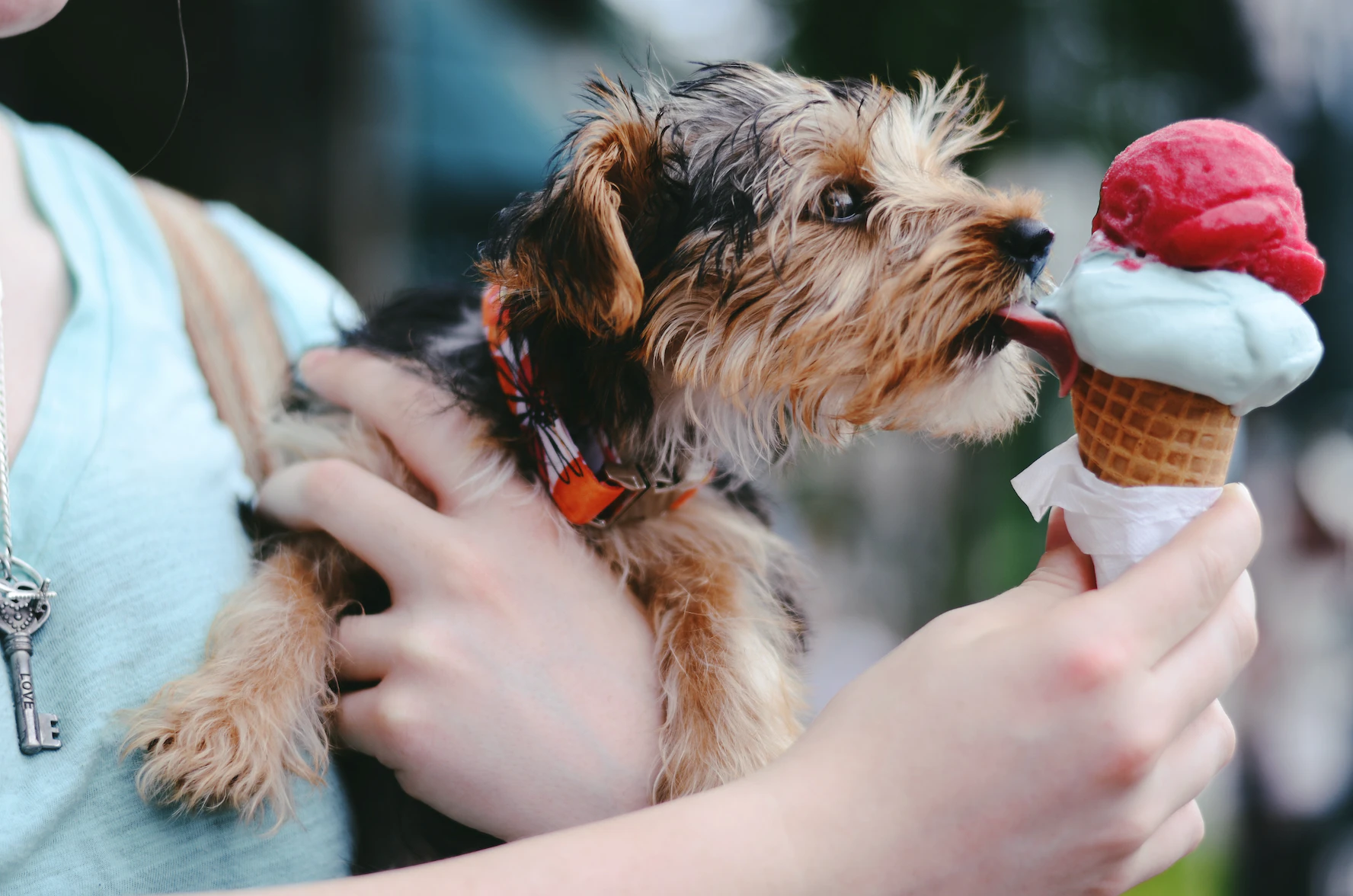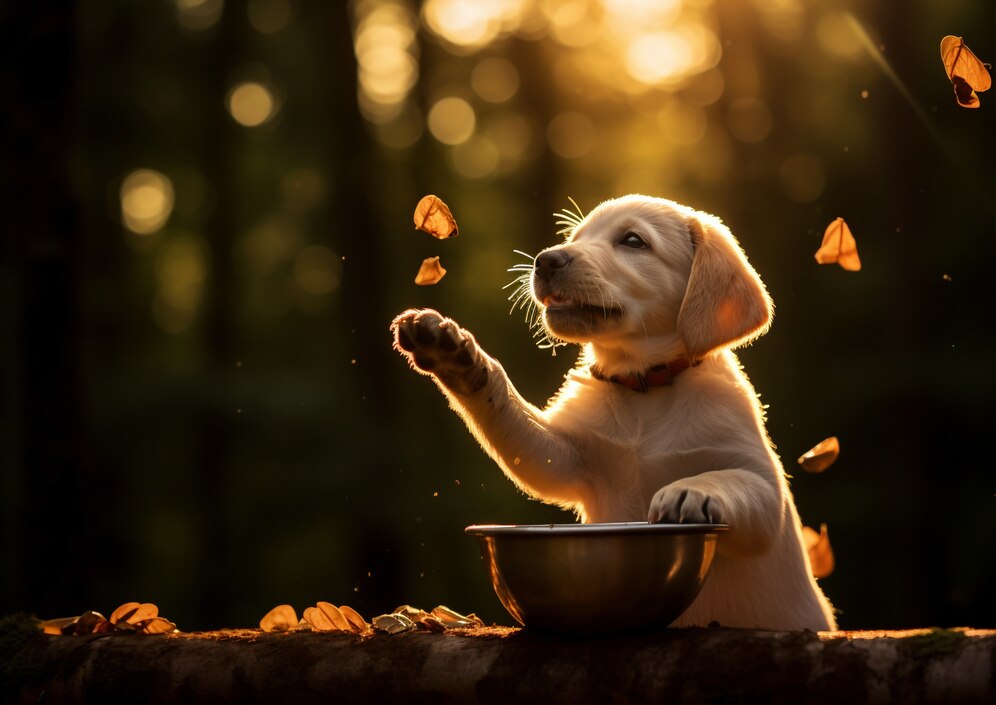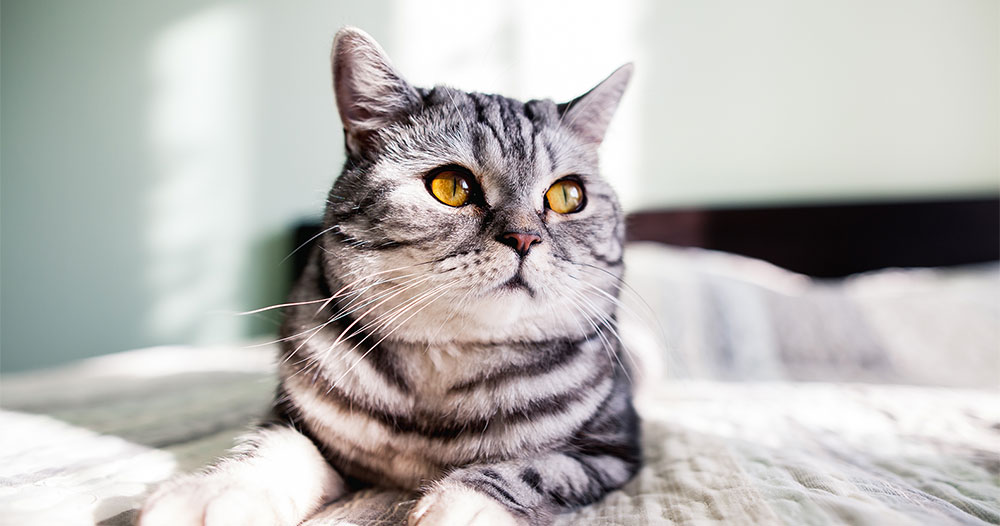5 Habits You Should Create When Adopting a New Puppy


A new puppy brings more than excitement; it brings a wave of change that alters the rhythm of your daily life.
Those brilliant eyes, inquisitive paws, and explosive bursts of playfulness point to the beginning of something fulfilling but also demanding.
From furniture legs to daily routines, everything in your house becomes part of their universe. Shaping their early experience requires intention, patience, and structure.
Forming smart habits from day one can help you build the basis for a confident, well-adjusted companion who understands the rules and thrives in your environment.
So, what are some of the things to consider when adopting a dog? Keep reading to know it all…
How to Prepare Your Home for the New Arrival?
Since you have decided on bringing a new member into your home, it is very important to prepare your home for your new arrival. And when it is a pup then the preparations are furthermore than you might expect to do for a human.
From buying all types of dog food that is best suited for your dog, a dog bed is you are not gonna allow your dog to sleep on your bed with you or on other furniture.
But well, it is eventually gonna fail as you won’t be able to stop your pup to climb on furnitures and on your bed.
Along with these things, you too need to buy all the bath items for your pup along with all the toys and other similar things.
Things to Consider When Adopting a Dog: Habits to Adopt
Other than buying all the things for your pup, there are certain habits that you need to adopt to ensure that your pup is highly comfortable and relaxed. These are the things that you need to consider.
1. Establishing a Daily Routine Teaches Structure and Reduces Anxiety
Puppies crave structure, even before they understand it. Establishing a consistent daily schedule helps children to feel stable during a period that otherwise seems new and demanding.
Plan set feeding times, walks, play dates, sleep times, and bathroom breaks. Their biological rhythms are shaped by this constancy, which also aids simpler house training.
Your dog starts to predict what is next over time, which helps to lower stress, enhance sleep habits, and support good behavior.
They associate each time of day with activities faster the more consistent you are. For both of you, a well-paced schedule also makes future transitions—like visits to the veterinarian or travel—far less disruptive.
2. Introducing Crate Time as a Positive Space Encourages Calm and Security
Although crate training is often misunderstood, done right, it becomes a great tool for allowing your puppy to fit in their new surroundings.
A crate should never be used as a punishment; instead, it should feel like a personal den, a haven where they can relax without interruption. Start by softening the environment with a bed and safe toys.
Rather than just using the crate when you’re leaving, encourage voluntary time in it during peaceful times. Over time, your puppy will associate it with relaxation and comfort rather than isolation.
This behavior helps with potty training, increases independence, and offers protection during trying times like storms or visiting strangers.
3. Creating Boundaries and Enforcing Them Early Promotes Respectful Behavior
Your puppy comes into the world knowing nothing about what behavior is appropriate or inappropriate. Delaying setting limits results in uncertainty and conflicting signals.
Specify precise restrictions on furniture access, chew zones, and off-limit sections of the house right from the start.
Regularly guiding them away from undesired conduct helps to avoid the formation of negative habits and promotes mutual understanding. To avoid uncertainty, every member of the household should follow the same policies.
If a behavior is considered unacceptable today, it must remain so tomorrow. Puppies that understand what is expected and where they fit the dynamic of the house will flourish. By eliminating uncertainty and establishing a polite framework they can boldly follow, boundaries foster confidence.
4. Prioritizing Socialization from the Start Builds Confidence and Reduces Fear
Early weeks are vital for exposure. Socializing your puppy at this age covers all the surfaces, sights, and sounds it will come across in daily life, not only about meeting other dogs.
Introduce them to vacuuming, car journeys, varying flooring textures, strangers of all ages, and peaceful, friendly animals. Every good experience rewires their reaction to the unknown, reducing the likelihood of fear-based actions in subsequent years.
Your puppy will learn to evaluate circumstances without acting impulsively if it becomes accustomed to new stimuli in a controlled, gentle way.
Working with a reputable in home dog trainer during this phase allows you to safely guide socialization sessions while also ensuring that your puppy associates novelty with calm rather than chaotic behavior. This basis promotes a laid-back, well-rounded attitude that follows throughout adulthood.
5. Incorporating Mental Stimulation as Part of Daily Life Prevents Destructive Boredom
A growing puppy won’t be satisfied by physical exercise by itself. Equally important is mental stimulation, particularly for clever breeds that yearn for challenging problems.
To close the mental void, bored dogs often resort to gnawing, digging, or barking. Including enrichment activities into the daily schedule gives their brain the exercise required to be calm and involved.
To keep puzzle toys, scent games, simple training commands, and under supervised exploration intellectually sharp, rotate them.
Mealtime can offer a chance to increase complexity by substituting food-dispensing toys for a bowl. These routines help to lower the likelihood of frustration-based behavior and transform learning into play. Your puppy stays more content and balanced throughout the day, the more mentally stimulated it feels.
Welcoming Your Pup!
The habits you instill in your puppy during its early weeks shape the type of companion it becomes. Some of the things to consider when adopting a dog include:
- A good schedule.
- Well-defined limits.
- Regular socializing.
- Mental involvement.
These are the things that help to build trust and long-term peace rather than only helping to calm anarchy.
Additionally, these little deliberate actions add years of loving relationships based on respect and understanding.
Rather than responding to difficulties down the road, you prepare your puppy to thrive from the very beginning. When you lead with purpose, your puppy will learn to follow with confidence.









Leave A Comment